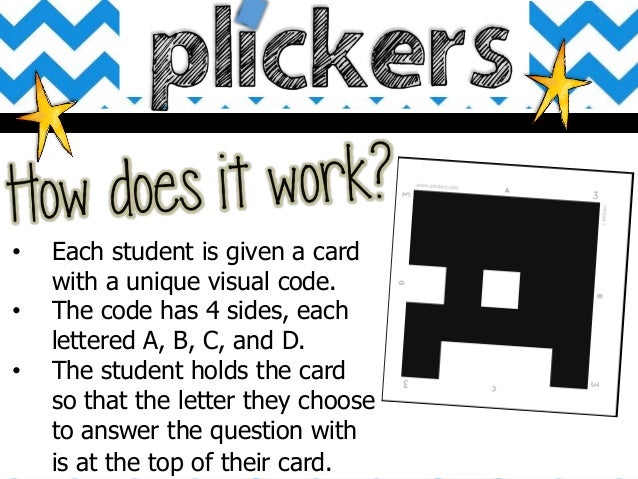As my last blog post, I’d like to share some of the important things that I’ve learned throughout the semester.
At the end of my student teaching experience, one thing I learned is that you WILL get through it. Your toughest day where you want to (or do) cry, your edTPA, applications, long hours of planning, challenging students, observations, lessons gone wrong, all of it! There will be days where you question yourself and the profession you’ve chosen, and that’s completely normal. What’s important is that you will overcome all obstacles, and become an even BETTER teacher because of them! In the end, this is what you are meant to do 🙂
Another thing I learned is that teaching is such a rewarding career. It’s an awesome feeling when you know you have taught a student something new, made an impact in their life, and serve as a smiling face to them every morning. They also do the same for you! My last week of student teaching happened to be teacher appreciation week, and I was definitely feeling the love! On my last day, my students made me a book and gave me a basket full of school supplies for my future classroom!
So, despite the challenges that will come with student teaching/teaching in general, remember to focus on the positive things because they definitely outweigh the negative! Although I’m excited to be done and transition into having my own classroom, I will miss my first graders so much! Student teaching has been an experience that I will always remember. Those of you who will be in my position next year have so much to look forward to and will feel so accomplished in the end 🙂 Good luck!






